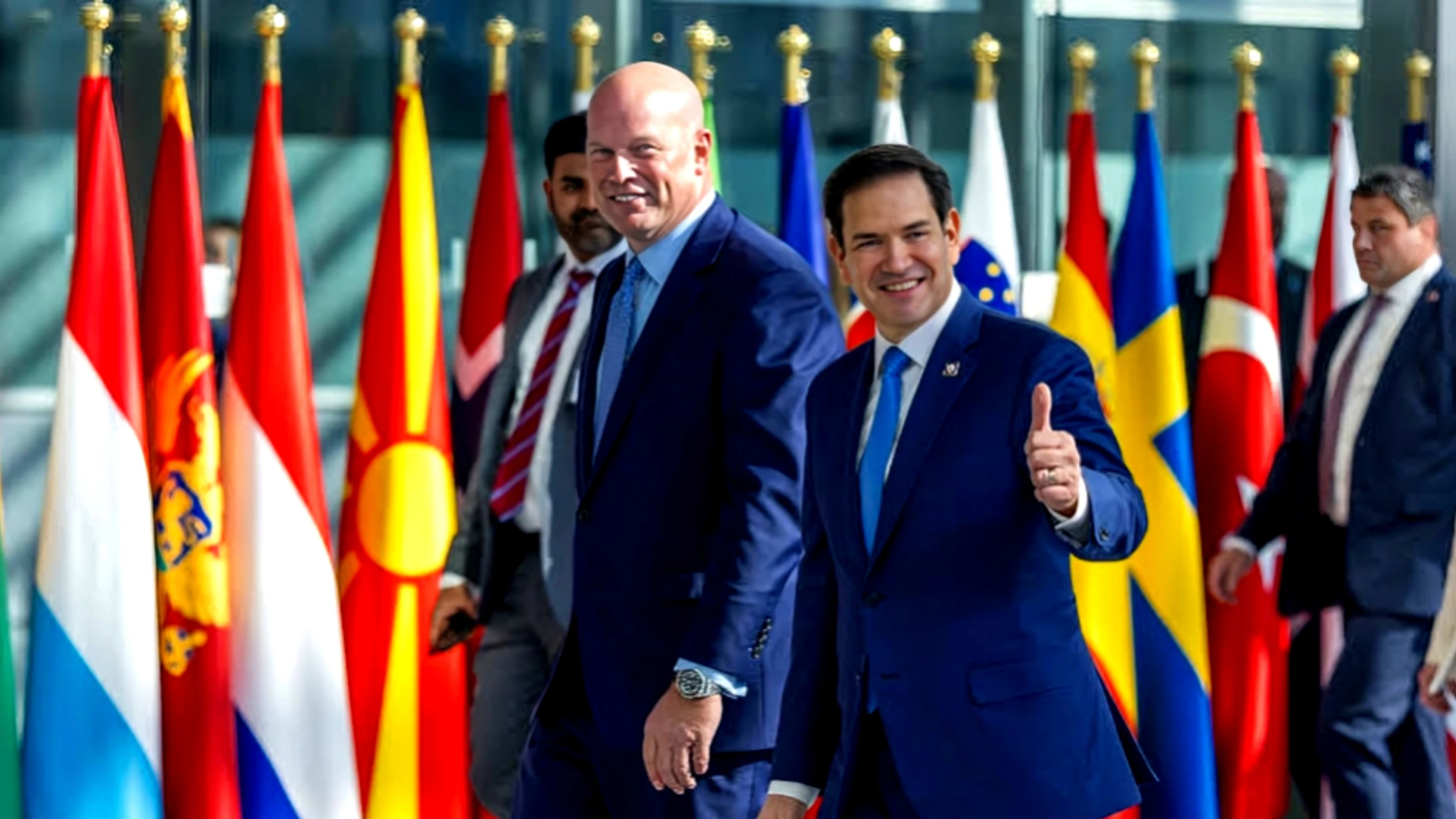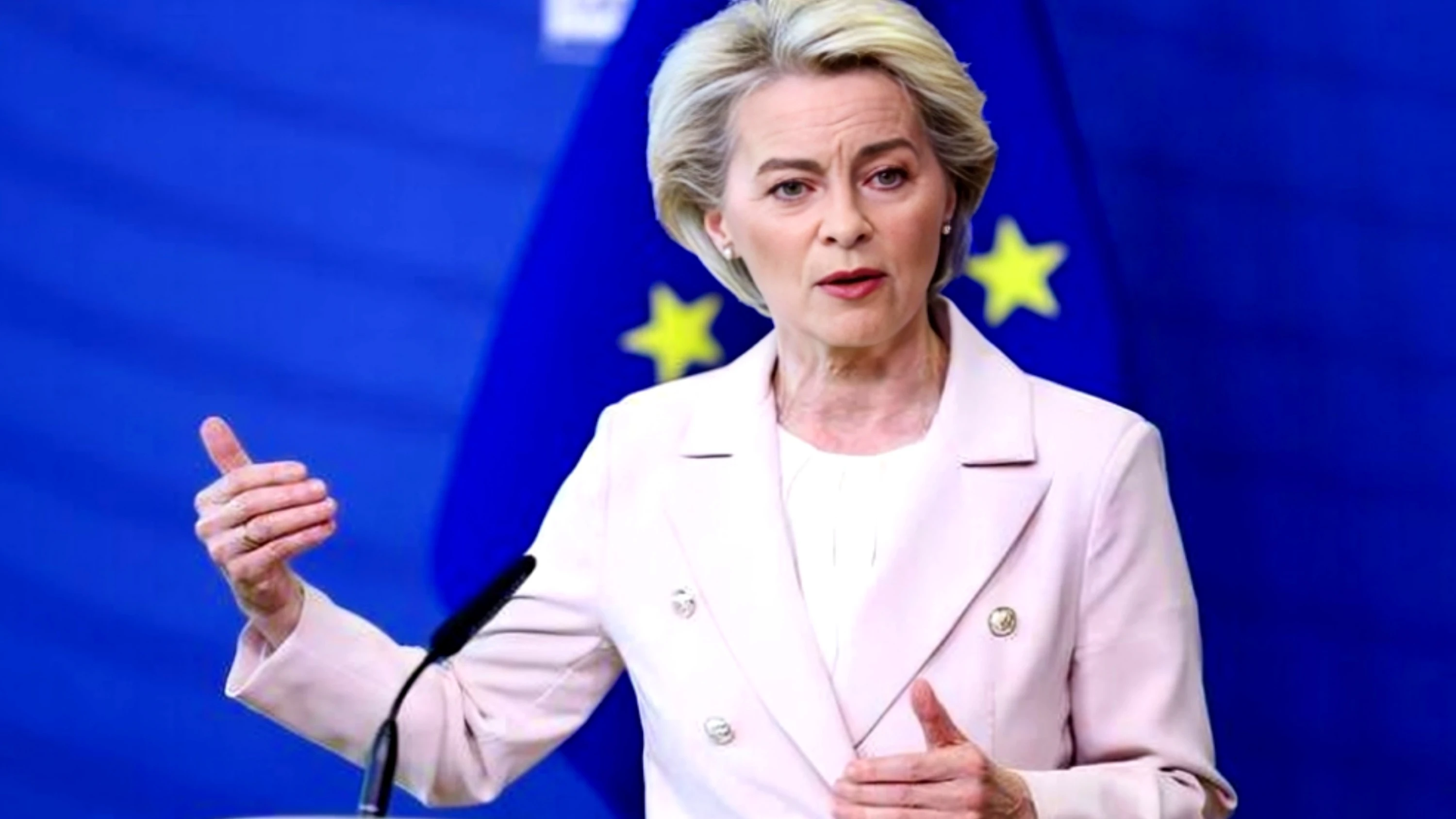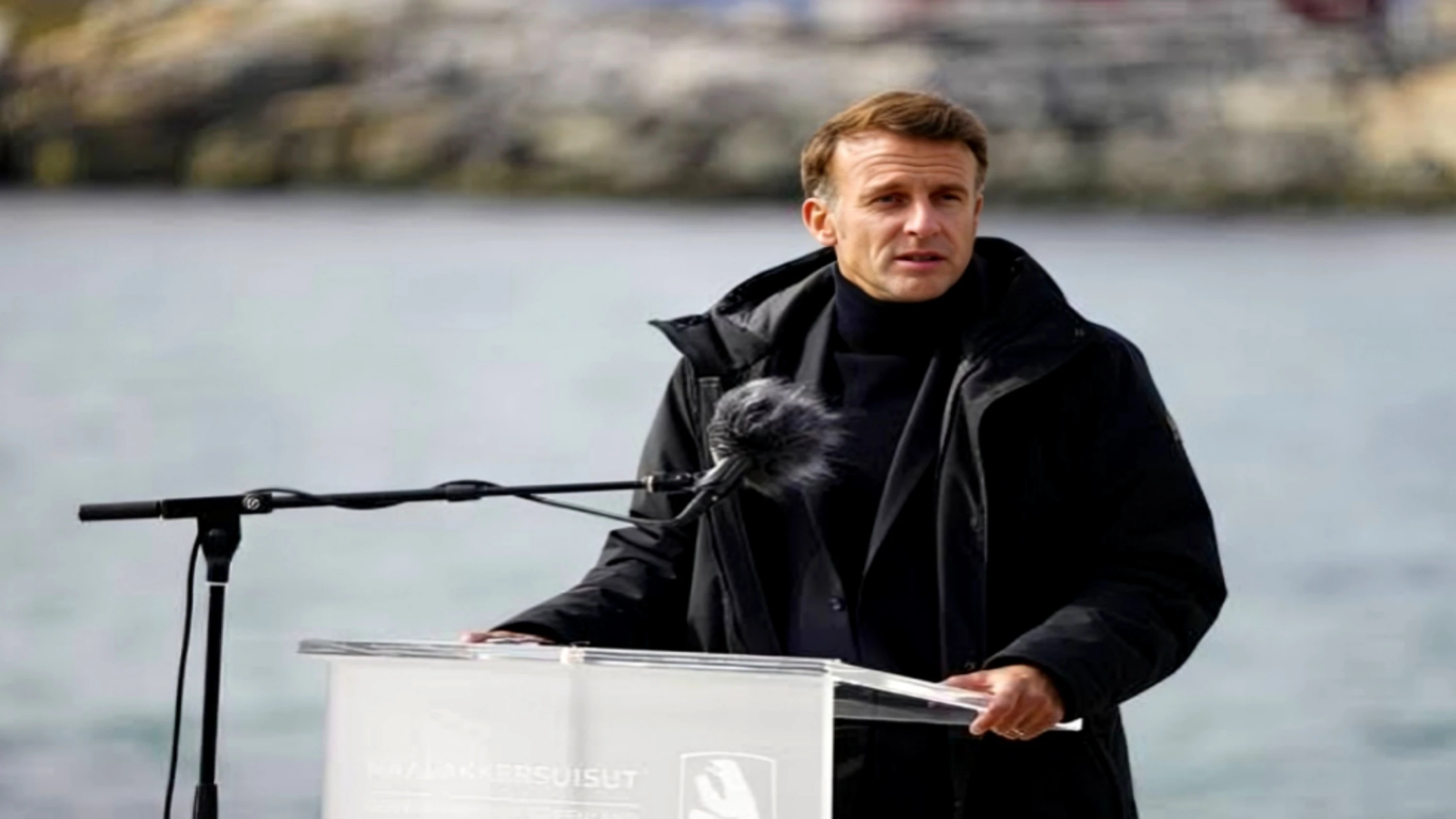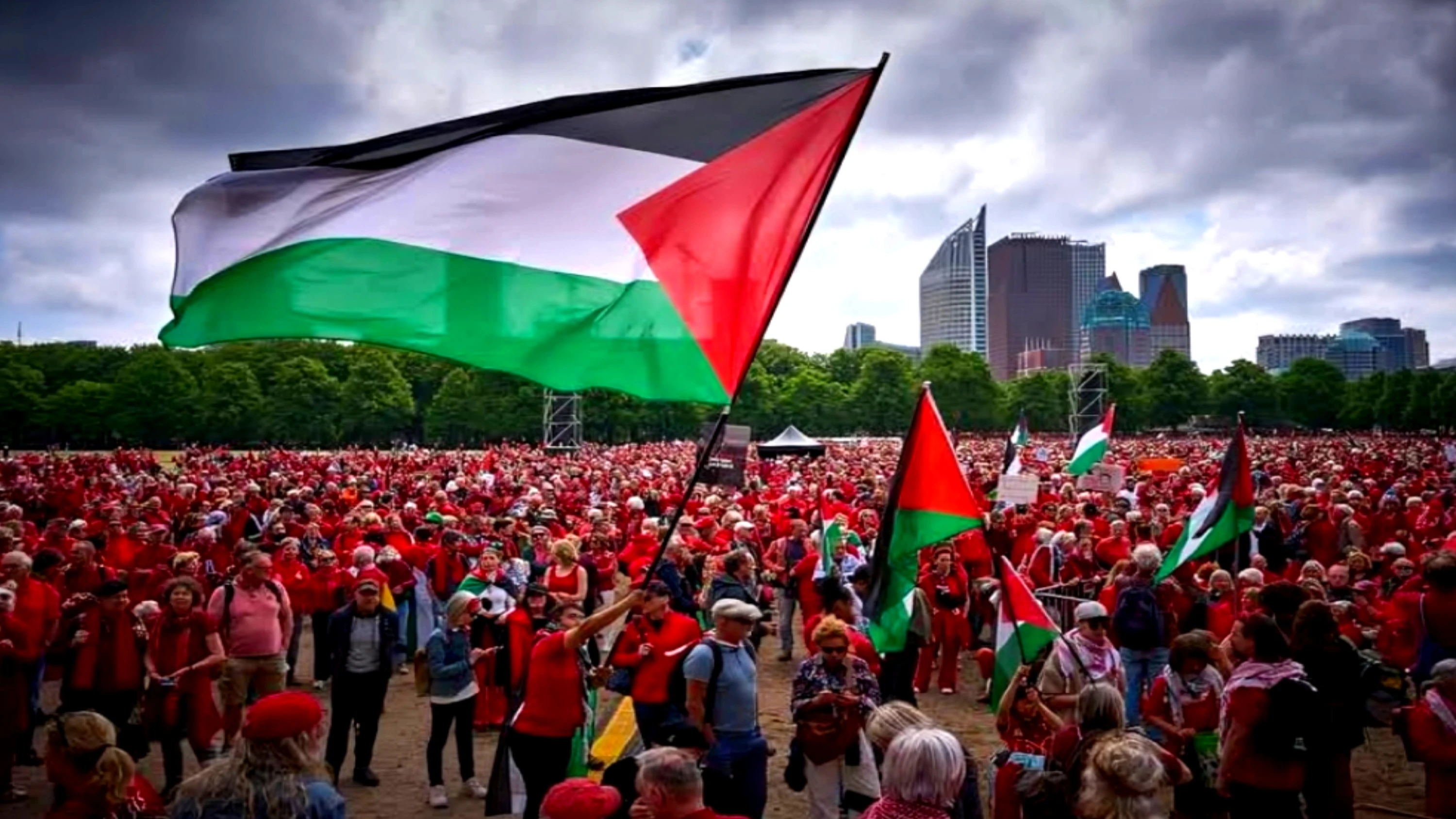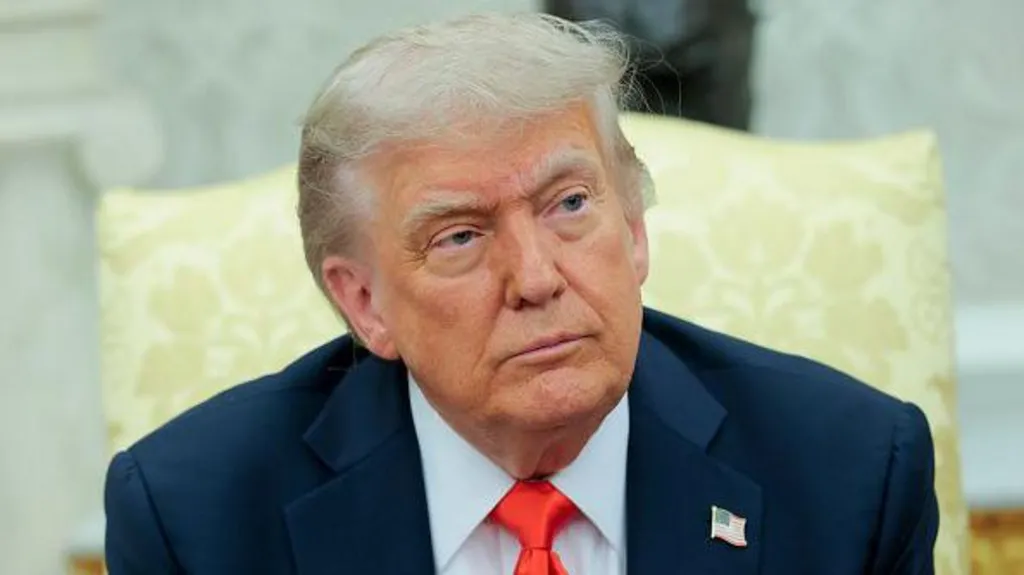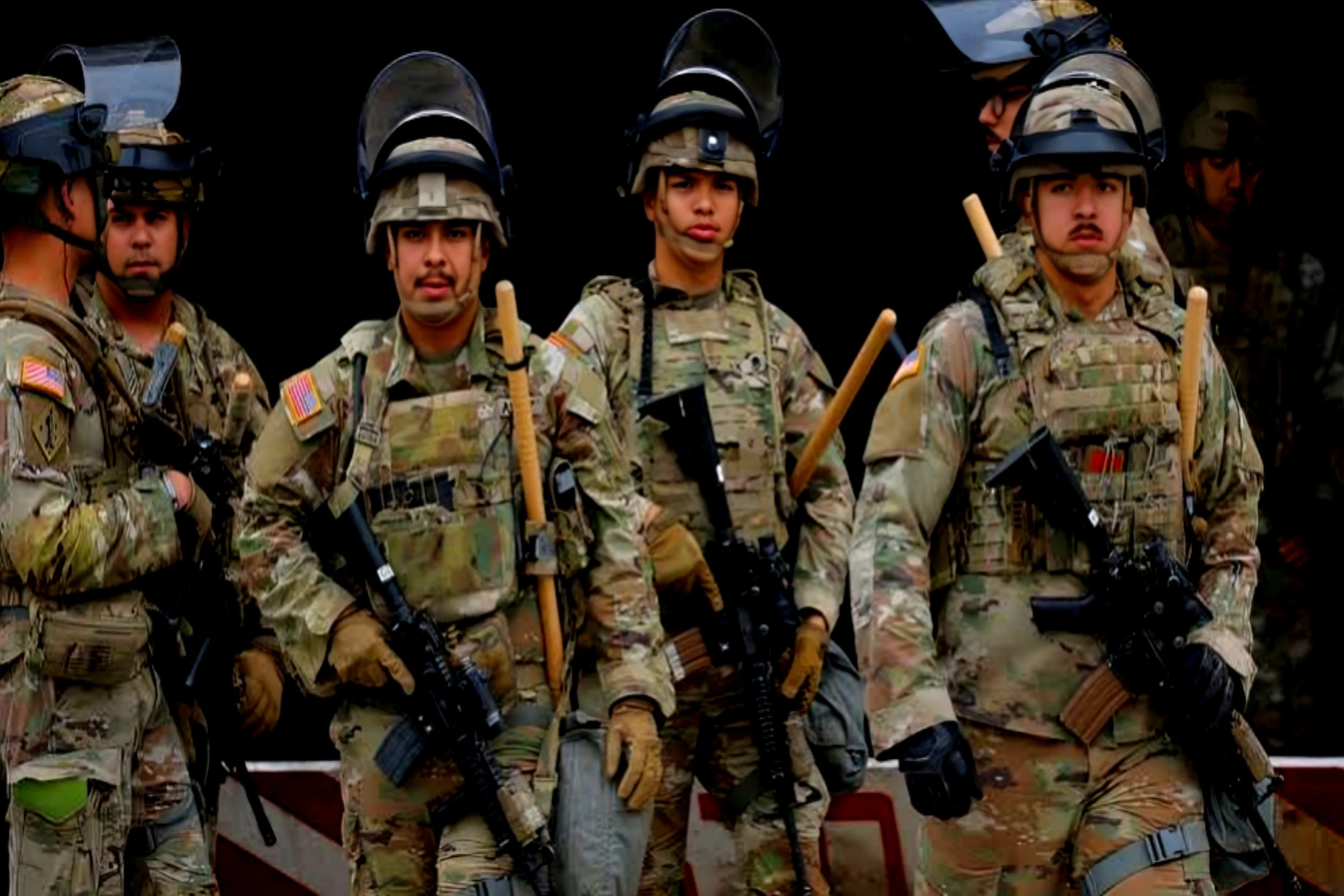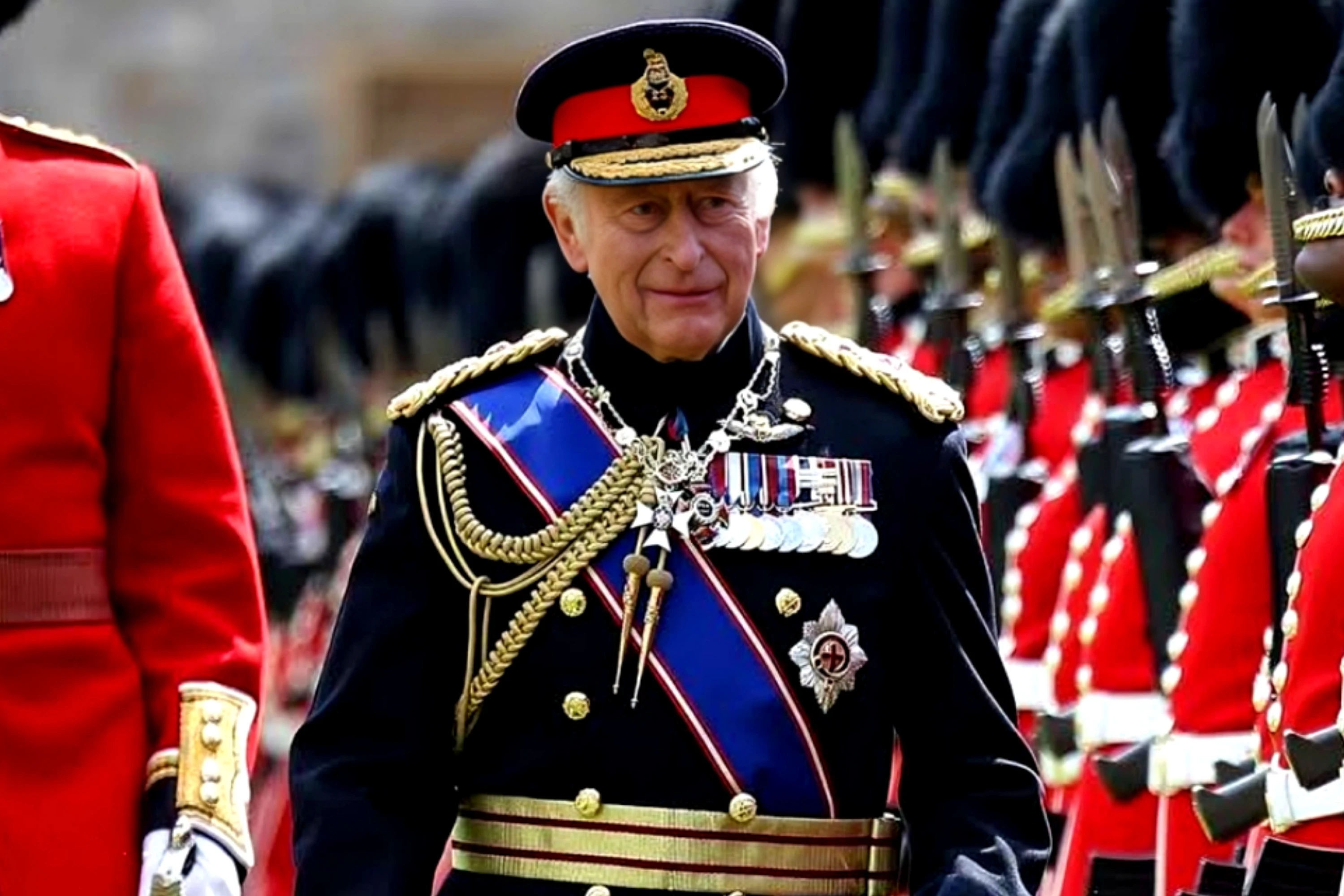Brussels: U.S. Secretary of State Marco Rubio sought to calm NATO allies on Thursday, reaffirming Washington's commitment to the alliance while urging member states to make significant increases in their defense spending. His remarks come amid uncertainty fueled by President Donald Trump's stance on NATO, his engagement with Russia regarding Ukraine, and newly imposed trade tariffs that have heightened tensions.
During his first meeting with NATO counterparts in Brussels, Rubio dismissed concerns about U.S. loyalty to the alliance, criticizing what he called exaggerated media narratives. "The idea that President Trump is against NATO is simply not true. He fully supports the alliance and its mission," Rubio stated. However, he emphasized that NATO members must work towards a dramatic boost in their military expenditures.
Trump has called for NATO nations to more than double their current defense spending target, pushing for a commitment of 5% of GDP—higher than what any member, including the United States, currently allocates. "We are not saying this needs to happen overnight," Rubio explained, "but we do need a concrete plan to reach that goal."
His reassurances come as European nations rush to demonstrate their commitment to strengthening defense. Several countries have recently pledged substantial budget increases, with Germany leading the charge. NATO Secretary-General Mark Rutte welcomed the trend, calling it "the largest rise in European defense spending since the end of the Cold War," though he stressed that more progress is needed.
At the same time, European leaders are anxious about a possible shift in U.S. military focus toward China, which could lead to a reduced American presence in Europe. While NATO officials insist that no immediate withdrawal is planned, they acknowledge the need to prepare for a long-term transition.
Trump's diplomatic overtures to Russia have also raised concerns, as he pushes for a ceasefire in Ukraine despite continued hostilities. While his administration has maintained pressure on Moscow through sanctions, some allies fear he may eventually seek a closer relationship with Russia—an adversary long viewed as NATO’s primary threat.
Ukraine’s Foreign Minister, Andriy Sybiga, urged the alliance to remain firm, warning that "Russia continues to pose an existential threat to Europe." Meanwhile, NATO ministers largely avoided discussing the growing trade tensions triggered by Trump’s tariffs, though some warned that economic conflicts could undermine the alliance’s ability to maintain unity and bolster its defenses.
Norwegian Foreign Minister Espen Barth Eide cautioned against protectionist policies, arguing that economic stability is crucial for military strength. "If we want stronger defense capabilities, we need economic growth, not trade wars," he said.
As NATO prepares for its upcoming summit in June, the pressure is mounting for European allies to prove their readiness to meet Washington’s defense demands—while also navigating the geopolitical shifts Trump’s policies continue to provoke.


